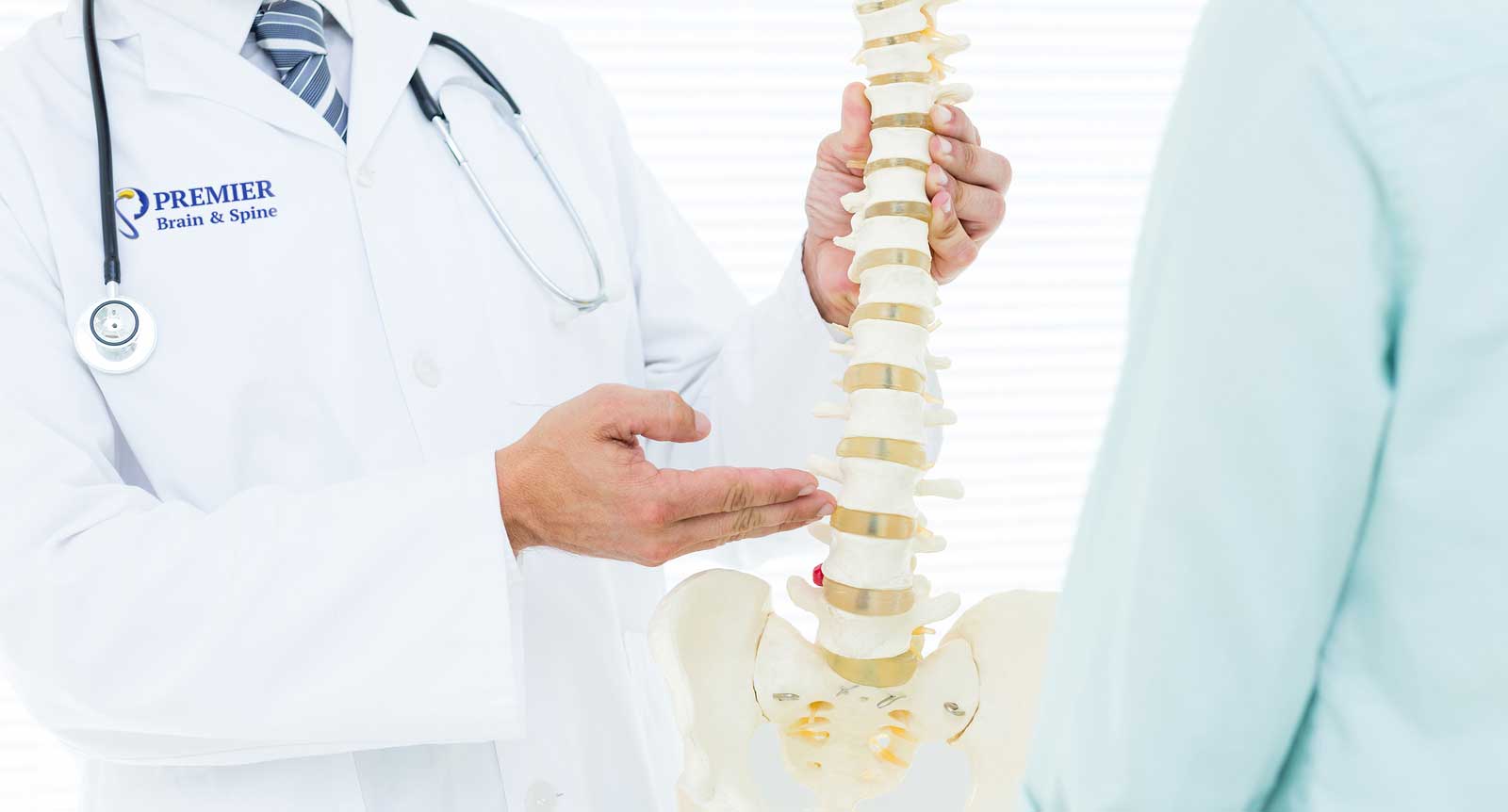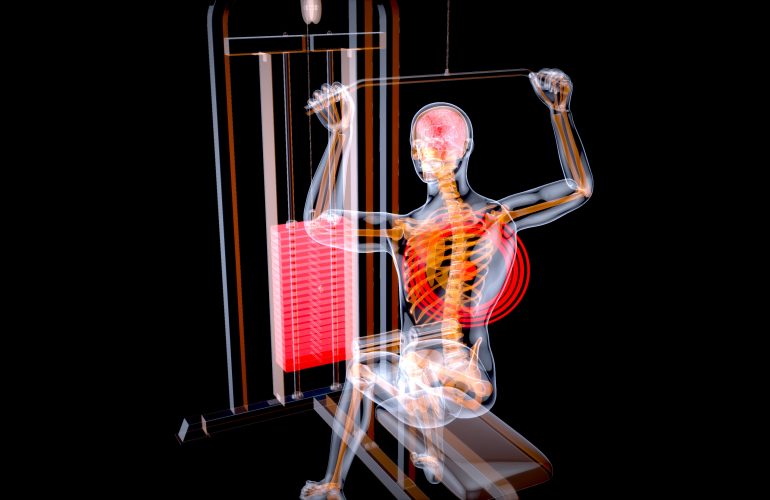Slice Through Pain: The Marvels of Minimally Invasive Spine Surgery
Back pain is one of the most common health complaints, affecting millions of people worldwide. For those suffering from severe or chronic spine issues, the thought of surgery can be daunting. However, advancements in medical technology have paved the way for a revolutionary approach: minimally invasive spine surgery (MISS). This modern technique offers numerous benefits over traditional open surgery, promising faster recovery times, reduced pain, and improved outcomes.
Let’s explore the marvels of minimally invasive spine surgery and how it can help patients slice through pain.
What is Minimally Invasive Spine Surgery?
Minimally Invasive Spine Surgery (MISS) involves using smaller incisions and specialized instruments to perform spinal procedures with minimal disruption to the surrounding tissues. Unlike traditional open surgery, which requires a large incision and significant muscle retraction, MISS aims to achieve the same surgical goals with less trauma to the body.
Key Benefits of Minimally Invasive Spine Surgery
- Reduced Pain and Scarring:
- Smaller incisions result in less tissue damage and, consequently, less postoperative pain.
- Minimal scarring compared to the larger scars left by traditional open surgery.
- Faster Recovery Time:
- Patients typically experience shorter hospital stays, often returning home the same day or within 24-48 hours.
- Quicker return to normal activities and work, allowing patients to resume their lives faster.
- Lower Risk of Complications:
- Reduced risk of infection due to smaller incisions.
- Less blood loss during surgery, which decreases the need for blood transfusions.
- Lower risk of muscle damage, preserving the strength and function of the spine-supporting muscles.
- Precision and Effectiveness:
- Enhanced surgical precision with the use of advanced imaging technologies, such as fluoroscopy and endoscopy.
- Effective treatment of various spinal conditions, including herniated discs, spinal stenosis, scoliosis, and spinal fractures.
Common Minimally Invasive Spine Surgery Procedures
- Microdiscectomy:
- Removal of herniated disc material that is pressing on a nerve root, relieving pain and neurological symptoms.
- Spinal Fusion:
- Stabilization of the spine by fusing two or more vertebrae together using bone grafts, screws, and rods.
- Often used to treat conditions like degenerative disc disease and spinal instability.
- Laminectomy:
- Removal of a portion of the vertebral bone called the lamina to relieve pressure on the spinal cord or nerves.
- Commonly used to treat spinal stenosis.
- Vertebroplasty and Kyphoplasty:
- Procedures to stabilize spinal fractures caused by osteoporosis.
- Involves injecting bone cement into the fractured vertebra, often with the use of a balloon to create space (kyphoplasty).
The Future of Spine Surgery
At Kolekar Hospital, we are dedicated to staying at the forefront of advancements in spine surgery to ensure that our patients receive the highest quality of care possible. As the field of spine surgery continues to evolve, we are committed to integrating the latest technologies and techniques, including robotic-assisted surgery and navigation systems, into our practice.
Minimally invasive spine surgery represents a transformative approach to treating spinal conditions, offering safer, less painful, and more effective alternatives to traditional open surgery. Our experienced team of spine specialists is skilled in performing these procedures with precision and expertise, helping patients achieve quicker recovery and return to their daily lives with minimal disruption.
If you or a loved one is suffering from severe or chronic back pain, we encourage you to consult with our spine specialists to explore the potential benefits of minimally invasive spine surgery. At Kolekar Hospital, we are dedicated to helping you slice through the pain and embrace a future of improved spinal health and well-being. Your health and well-being are our top priorities, and we are here to support you every step of the way.
![]()




